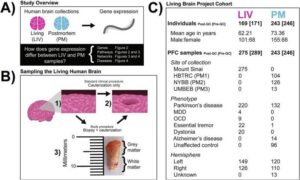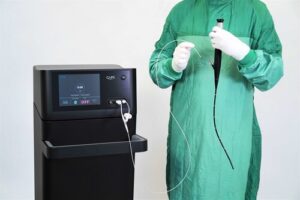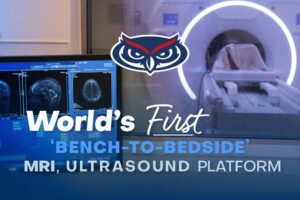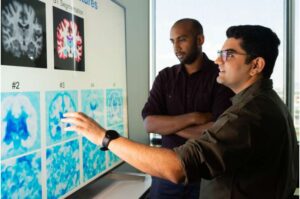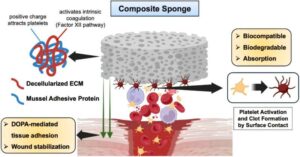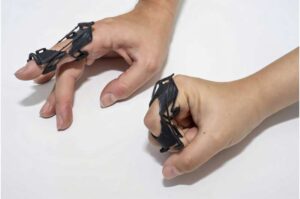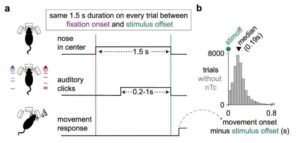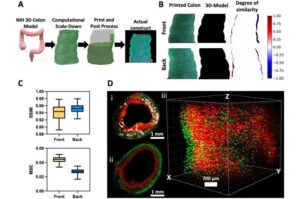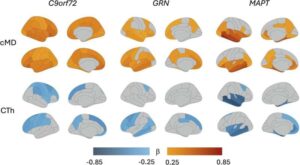
New brain imaging technique can detect early frontotemporal dementia
A new international study led by researchers at Karolinska Institutet demonstrates that it is possible to detect subtle changes in the brain and identify early signs of hereditary frontotemporal dementia using advanced brain imaging techniques. The study is published in Molecular Psychiatry.

